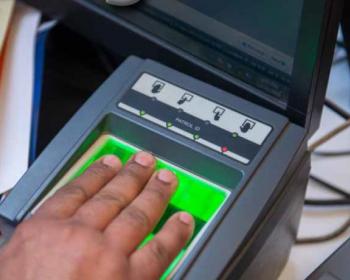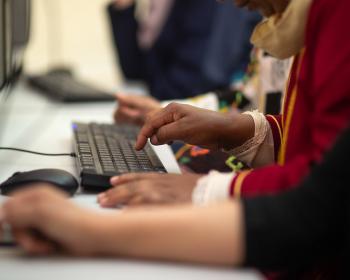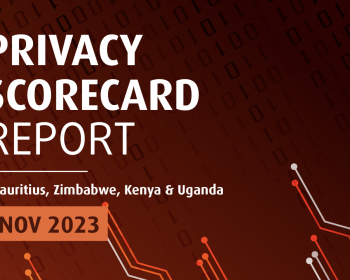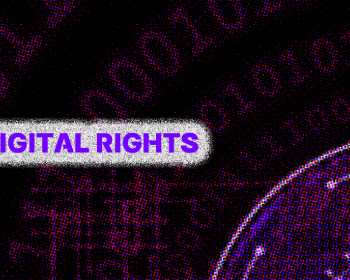digital privacy
This issue of Digital Rights Southern Africa makes clear that there is no or slow commensurate roll-out of measures to ensure that biometric data collection and processing systems are secure and to the actual benefit of the societies in which they are being implemented.
Some of the areas of specific human rights concern raised about the 2022 draft were underdeveloped consent provisions, the almost complete absence of protections for data subjects, and the absence of carve-outs for journalistic, artistic and academic data collection and processing.
In Malawi, authorities are increasingly demanding that citizens surrender personal information for routine activities, ranging from using a mobile phone to participating in elections, and the absence of a robust, currently enacted data protection law jeopardises citizens’ right to privacy.
In Eswatini, two key legislative measures impact internet governance: the Computer Crime and Cyber Crime Act of 2022 and the Data Protection Act of 2022. Concerns loom over potential implications of these statutes, particularly in terms of press freedom and freedom of expression on social media.
This article explores whether e-government in Botswana ensures privacy and protects personal data. E-government collects personal information, which if mishandled, might pose a threat to democracy.
The second issue of the online digest Southern Africa Digital Rights serves to spotlight that privacy and data protections remain and will continue to remain areas that civil society in the region must continue to monitor and address.
What this edition of Southern Africa Digital Rights serves to spotlight is that privacy and data protections remain and will continue to remain areas that civil society in the region must continue to monitor and address.
This is the third annual Privacy Scorecard Report produced by Unwanted Witness. The 2023 report took stock of compliance with data protection and privacy laws and regulations in four countries: Mauritius, Zimbabwe, Kenya and Uganda.
In South Korea, there have been cases where automatic algorithms and AI have raised concern about the negative impact on human rights. In this research, the Korean Progressive Network Jinbonet presents in detail some of the cases that have sparked controversy in Korean society.
Southern Africa Digital Rights is an online publication produced under the project "The African Declaration on Internet Rights and Freedoms: Fostering a human rights-centred approach to privacy, data protection and access to the internet in Southern Africa".

Association for Progressive Communications (APC) 2022
Unless otherwise stated, content on the APC website is licensed under Creative Commons Attribution 4.0 International (CC BY 4.0)












